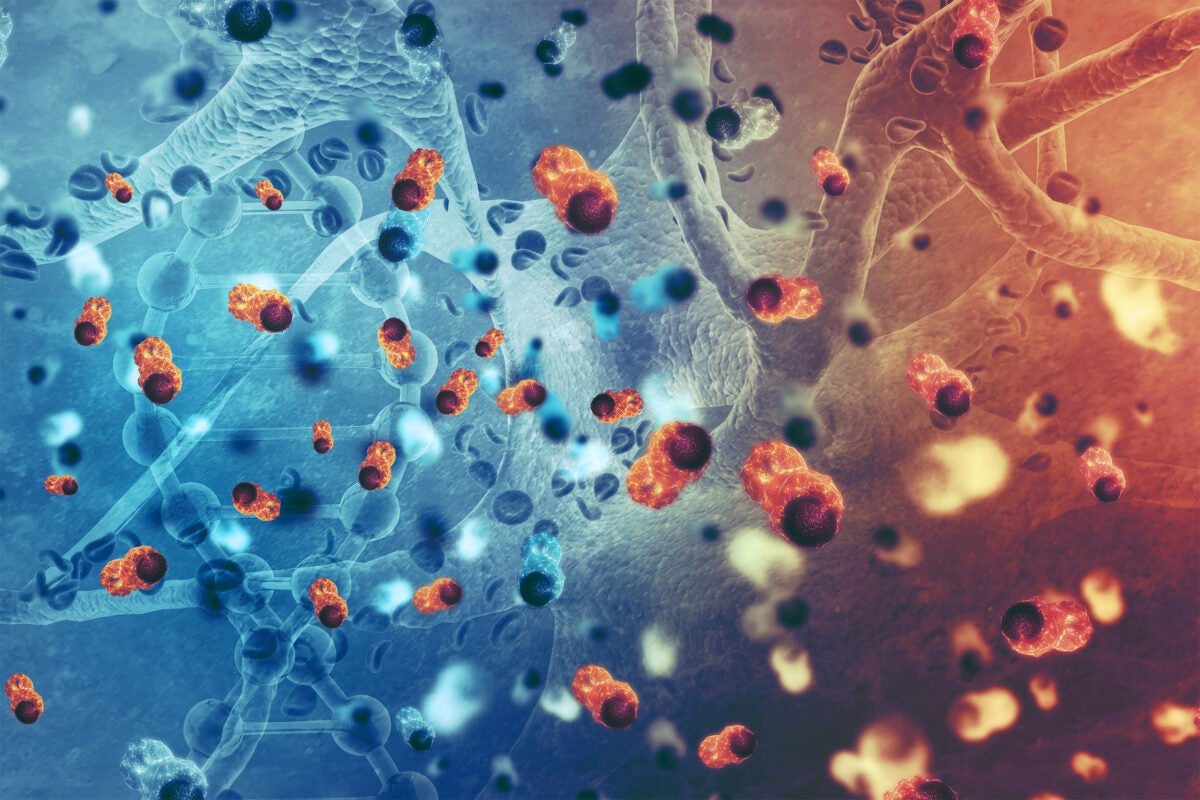We think of eating a nutritious diet and exercising as healthy behaviors, but sleep is one of the pillars of a healthy lifestyle. Why is this? Sleep sets the stage for our days. If we experience sound sleep for seven to eight hours, we arise energized in the morning. Diet, exercise, and sleep work synergistically, and affect one another. All three can have an effect on our daily well-being and longevity.
To be well and vital and help prevent certain diseases, like obesity, heart disease, high blood pressure, stroke, diabetes, and many other conditions, we need to prioritize sleep. When we make sleep a priority, we can improve our food choices and engage in mindful eating by listening to our true appetite.
Sleep impacts our eating patterns, and our eating patterns impact our sleep
The National Sleep Foundation recommends that adults should get seven to nine hours of sleep a night. However, according to the CDC, only one in three adults is meeting these guidelines. At the same time people are struggling with sleep, they are also struggling with their weight and with making healthful food choices. One research study demonstrated that subjects who slept only four hours of sleep ate 300 more calories per day, compared to those who got nine hours of rest.
When we are sleep-deprived, the hormones that affect appetite and fullness are disrupted. Ghrelin increases our appetite, and leptin plays an important role in helping us feel full. When we don’t get enough sleep, ghrelin increases and leptin decreases. Researchers looked at 495 women’s sleep patterns, their daily quantity of food, and quality of food. They found that poor sleep quality was correlated with greater intake of food and lower diet quality.
What should we eat to get a good night’s sleep?
According to one study that examined the correlation between sleep duration (monitored by an actigraphy device worn on the wrist) and insomnia symptoms (measured by a self-reported questionnaire) with adhering to a Mediterranean-style diet (self-reporting from a food frequency questionnaire). The results suggested that a Mediterranean-style diet was associated with adequate sleep duration and fewer insomnia symptoms.
The Mediterranean diet includes whole fresh foods and plenty of fruits, vegetables, bread and other grains, potatoes, beans, nuts and seeds, olive oil as a primary fat source, and dairy products, eggs, fish, and poultry in low to moderate amounts. Red meat is limited and processed foods are avoided. Wine is consumed in moderation. However, it’s not a good idea to have alcohol close to bedtime, as it can disrupt sleep.
What is it about the Mediterranean diet that could affect sleep?
Certain key foods that are part of the Mediterranean diet are rich in melatonin, serotonin, and vitamin D. Preliminary research suggests that certain foods including milk, fatty fish, tart cherry juice, and kiwi fruit may improve sleep. All of these foods could fit into a Mediterranean diet.
The mechanisms by which these foods may enhance sleep are still poorly understood. Fatty fish, like salmon, is rich in vitamin D and omega-3 fatty acids. Both of these nutrients are known to help regulate serotonin, and could prove to be important in sleep. Tart cherries have a high melatonin concentration, and studies have shown that drinking tart cherry juice can increase urinary concentrations of melatonin (but be careful with the sugar content of tart cherry juice if you are trying to lose weight). It is hypothesized that kiwi fruit may help with sleep due to its high antioxidant content, as well as its serotonin and folate content. All of these are simply theories at this point, and more rigorous research needs to be completed before firm conclusions can be drawn about a particular food’s effect on sleep.
Takeaways
Lack of sleep may make us eat more and make less healthy food choices.
The Mediterranean diet may not only be healthy for the heart and brain, but also for sleep.
Certain key foods that are part of the Mediterranean diet are rich in melatonin, serotonin, and vitamin D, and these foods may enhance sleep.
More research is needed to fully determine the correlation between a particular diet, certain nutrients, and sleep.














